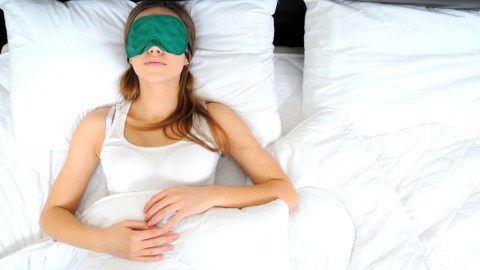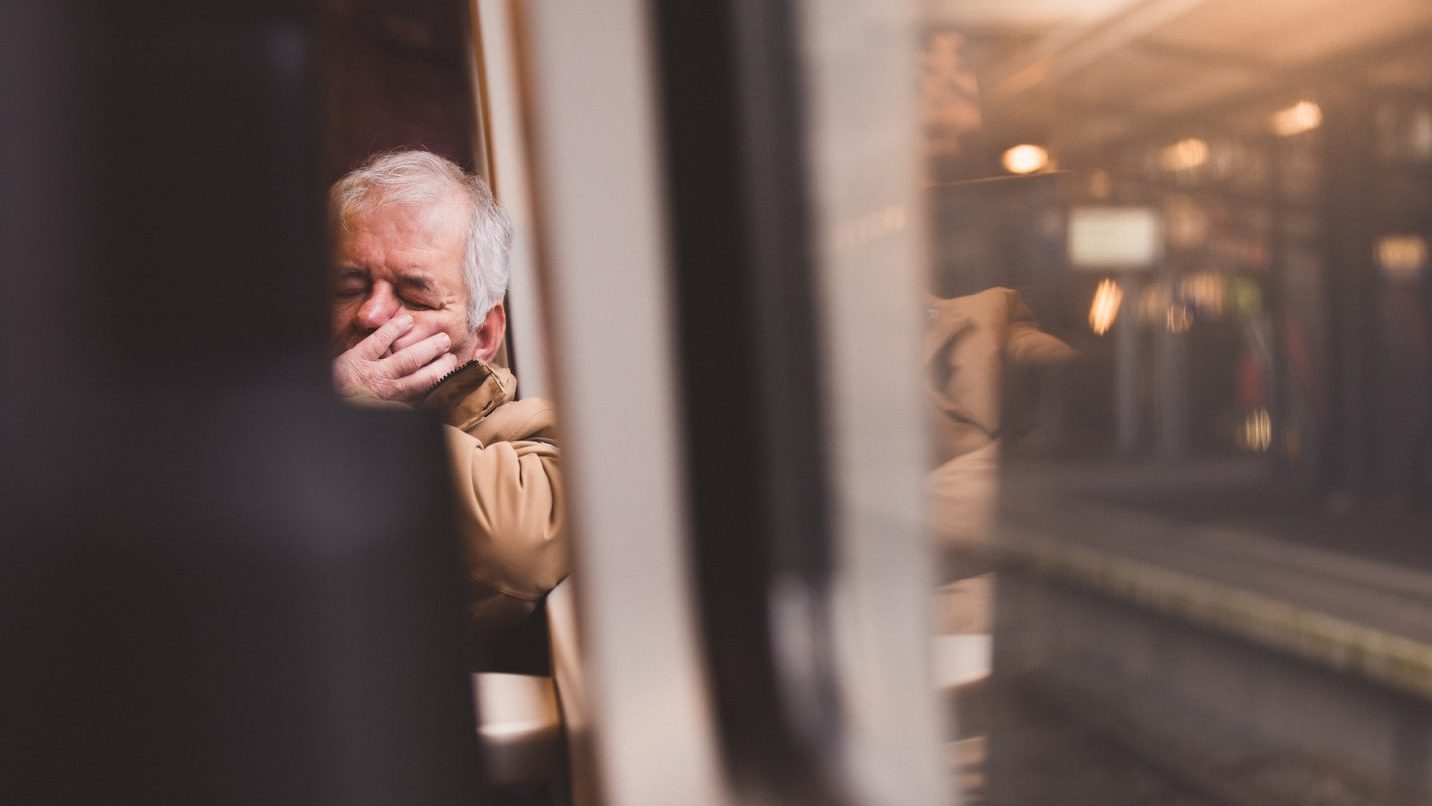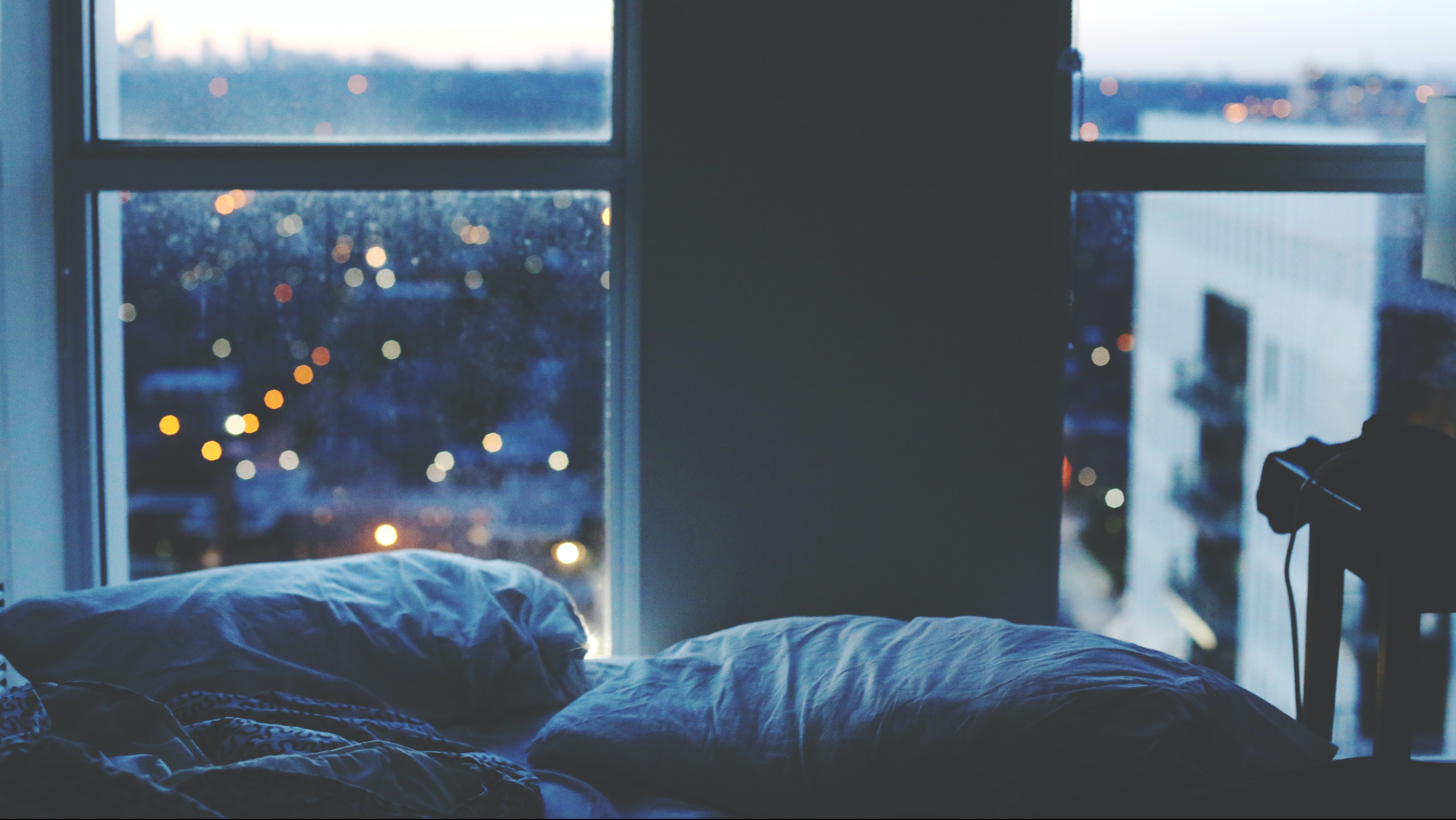Why Seven Hours of Sleep, Not Eight, May Be Best

What’s the Latest?
It’s long been held that eight hours is the magic number when it comes to sleeping, but that number clashes with reality–when’s the last time you got a solid eight hours? The magic eight is also at odds with emerging data about the health benefits of sleep. For example, “Daniel F. Kripke, an emeritus professor of psychiatry at the University of California San Diego, tracked over a six-year period data on 1.1 million people who participated in a large cancer study. People who reported they slept 6.5 to 7.4 hours had a lower mortality rate than those with shorter or longer sleep.”
What’s the Big Idea?
In a sleep study conducted by Duke University Medical Center in Durham, N.C., researchers found that cognitive performance increased as people got more sleep, peaking at seven hours of rest before beginning to decline. Because optimal sleep times vary across cultures and individuals, finding the right amount of sleep for you is the best way to wake up refreshed and alert. To do this, you can conduct a sleep trial next time you’re on vacation (or stay-cation):
“Don’t use an alarm clock. Go to sleep when you get tired. Avoid too much caffeine or alcohol. And stay off electronic devices a couple of hours before going to bed. During the trial, track your sleep with a diary or a device that records your actual sleep time. If you feel refreshed and awake during the day, you’ve probably discovered your optimal sleep time.”
Read more at the Wall Street Journal
Photo credit: Shutterstock





